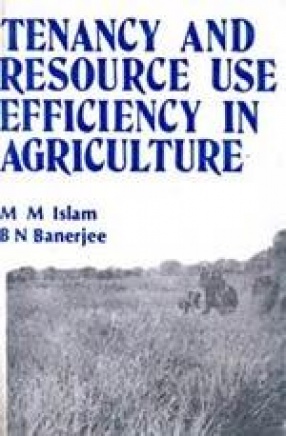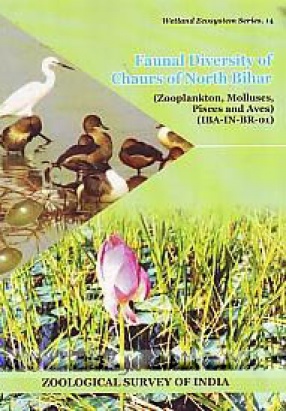Resource use and land productivity has long been one of the most debated and controversial issues. Discrepancy in classification of farms limits the comparability and generalized conclusions. Tenurial status i.e. the ownership of cultivated land, affects the land productivity but has been a neglected aspect in this field of research. The present work thus examines the possible relationship between ownership of land, resource endowment, resource utilization and productivity. There was no significant difference in cropping pattern between different tenurial groups, the lower cropping intensity and lower yield associated with leased-in land compared to owned land irrespective of tenurial group accounts for low productivity. The hypotheses of “ no significant difference in land productivity†between different tenurial groups are not acceptable in the study area. The findings of this work do not support the view of Prof. Rudra that the owner-cum-tentants do not distinquish between owned land and leased-in-land in the matter of resources use; intensity of cultivation and land productivity, while the present results imply that ownership of land has significant bearing on resources use and productivity and thus disproves the “equal efficiency†schol’s thought and confirms the “Marshalian line†of argument. The divergence between existing and optimal net returns clearly demonstrates the scope of increasing net returns through optimal and reallocation of resources on owner-cum-tenant and pure tenant farms. While the pure owner farms have reached the near optimality level, the reallocation of land under various crops rotations will leave no surplus resources and increase net returns marginally. The present work suggests strong Panchyat based village communities. It pleads that Panchayats be empowered and entrusted to enlist the tenants and to distribute thefarm requisites irrespective of ownershig of land.
Climatology
$56.70
$63.00





There are no reviews yet.